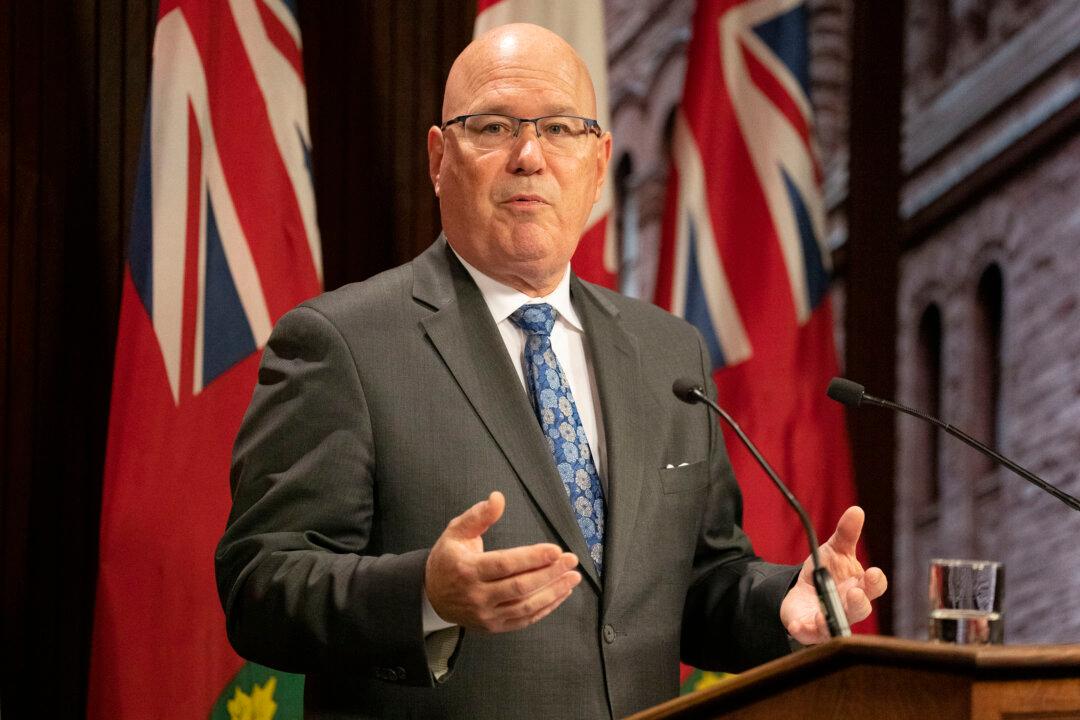A much-publicized Ontario Auditor General report points the finger at the housing minister’s chief of staff regarding “biased” decisions to open Greenbelt land for development.
The report alleges that Chief of Staff Ryan Amato took measures to ensure land sites suggested to him by two developers would be selected. Developers stand to see a property value increase of $8.3 billion, the Aug. 9 report said.





